Over the years, Julia, her husband, and their three children have had to endure a ceiling leak from the upstairs neighbour, dripping into the kitchen, toilets and balcony of their apartment. What can home owners do if it happens to them?
Having rented a house for four years, it was a dream come true for Julia (not her real name) and her husband to finally purchase their own apartment unit 10 years ago.
However, their dream apartment in Section 17, Petaling Jaya has become a nightmare due to constant ceiling leaks caused by the unit above.
The most recent and severe ceiling leak were spotted early this year when the unit above theirs started a massive renovation.
“It not only resulted in mould on our kitchen ceiling but also sewage water dripping down onto our unit, which is the most irritating part,” said Julia.
She said when the seepage occurred, their back toilet was unusable twice for more than a week, which had caused much inconvenience to the family of five.
Julia said while they could easily identify the cause of the leakages, which were all originated from the unit above, the neighbour refused to bear the full cost of repair.
“In the end, we had to fork out money to pay for half of the repair cost,” said Julia.
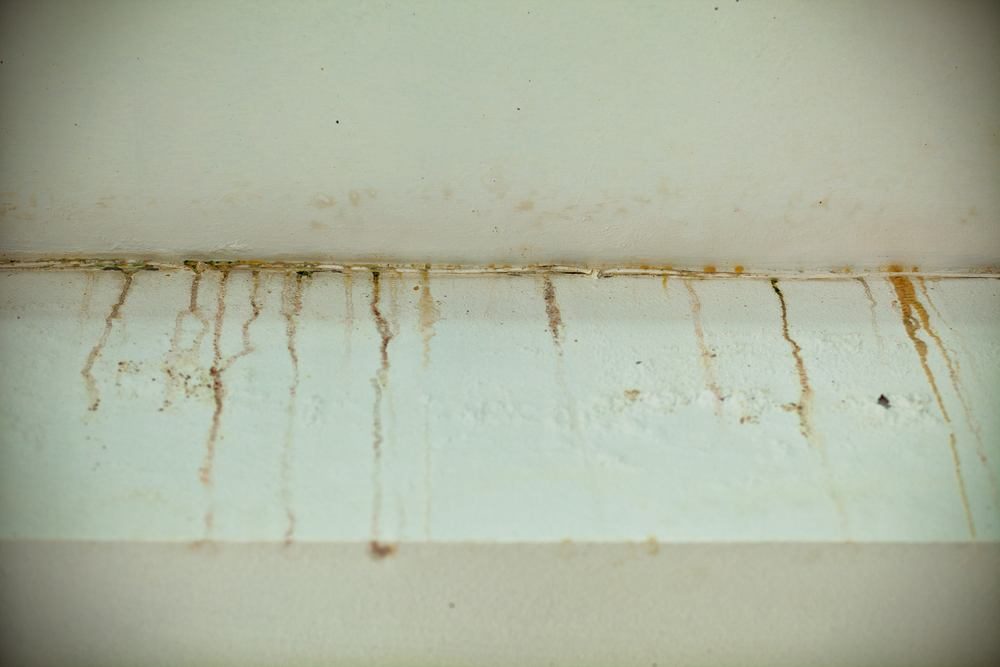
The ceiling leak from upstairs is a common occurrence
What Julia and her family have gone through is nothing uncommon, and something many high-rise building dwellers can identify with.
Recently, Singapore’s The Straits Times reported that more than half of the complaints lodged (about 188 cases) with the Strata Title Board (STB) in the past three years are related to water leakage. (In Singapore, the STB is a mediation body that hears cases involving unit owners and management corporations of strata-titled properties, including condominiums, or conflicts between such owners.)
What to do if it happens to you
Recommend.my spoke to senior associate Patricia Wan from Mak, Ng, Shao & Kee Advocates and Solicitors on what you should do if water is leaking from ceiling from the upstairs unit. This is what she said:
When an inter-floor leakage is detected, the first thing the owner of the affected unit must do is give notice to either:
- The developer (if the unit is still under its management period or the building is still under the defect liability period, stated in the Sale and Purchase Agreement), OR
- The management body for the building. This can be either the joint management body; management corporation, subsidiary management corporation; or managing agent.
The developer or management body will have to carry out an inspection of the leakage as soon as practically possible, or within seven days after receiving the notice.
“Under the Strata Management (Maintenance and Management) Regulations 2015, inter-floor leakage means dampness, moisture or water penetration on the ceiling or any furnishing attached to the ceiling, which forms part of the interior of a unit or common property,”
– Patricia Wan, Senior Associate, Mak, Ng, Shao & Kee Advocates and Solicitors.
What if my neighbour doesn’t want to let anyone do an inspection?
The owner of the affected areas (whether it is the owner of the affected unit, or the owner of the common property) is obligated to allow access for inspection within seven days of written notice being given.
Failure to do so, the owner, proprietor or occupier of the affected area may face a fine of up to RM50,000 or a maximum jail term of 3 years, or both, upon conviction.
After the unit has been inspected, the management body is required to issue a Certificate of Inspection, which will include the cause of the leakage and the party responsible for the rectification of the defect.
This will happen within five days after the inspection.

“In emergency cases whereby an inter-floor leakage materially increases the likelihood of flood, or danger of life or property, forced entry is allowed without any written notice to gain access for inspection.”
– Patricia Wan, Senior Associate, Mak, Ng, Shao & Kee Advocates and Solicitors
Who pays for the repair works?
The inspection should determine who pays for the repairs. It will usually be either the owner of the unit above, the developer, or the management body for the building. Here are the guidelines to determine which party is liable for the rectification of inter-floor leakage:
- Under the Strata Management Act 2013, it is a statutory presumption that an inter-floor leakage is originated from the upper floor unit unless its owner can prove otherwise.
- It is a defect of the common property if the leakage has originated from any infrastructure that serves more than one unit. These infrastructures include water or gas meter; water, drainage, sewerage or gas pipe; or gas duct.
- If the leakage is originated from any infrastructure that serves one particular unit, it is a defect of that particular unit. This will include cases whereby the source of leakage is situated or embedded in the common property, or void space above the ceiling or wall or floor.
What if me and my neighbour don’t agree with the findings?
In the event of a stalemate or if any party is not satisfied with the decision made by the management body, the case may be referred to the Commissioner of Buildings.
The Commissioner will then determine the cause of the inter-floor leakage and the party responsible for the rectification works, and his decision must be complied by all parties.
The Commissioner may appoint a registered architect; engineer; quantity surveyor or building surveyor to assist in determining the cause of the seepage.
However, the party responsible for the repair works will have to bear the cost of such appointment.
Once a responsible party is identified, how quickly must they fix it?
Once a unit owner is identified to be responsible for the repair of an inter-floor leakage, he or she must take all necessary steps to fix the problem within seven days after receiving the Certificate of Inspection.
Should the owner fail to do so, the management body can take over and make the repairs first, and then recover all costs and expenses from the owner.
However, the owner reserves the right to seek compensation from other parties for the repair works.
Does the liable party need to repair the damage caused to the lower unit also?
“The Regulations do not clearly say to what extent the rectification works need be done by the liable party. However, the provisions in the Regulations seems to suggest that the party responsible for any rectification works will have to fix both the inter-floor leakage and restore the affected unit to its original condition prior to the damage,” said Wan.
What if I just received my keys from the developer?
It depends whether or not your unit is still under the defect liability period.
If yes, and if the inter-floor leakage is due to any defect of common property, the owner needs to make a claim against the Common Property Defects Account, maintained by the Commissioner of Buildings.
However, if the inter-floor leakage is due to a defect inside the unit, the owner needs to make a claim against the developer, who will be responsible for the rectification works.
Such a defect will have been caused by either poor workmanship or failure to construct according to the approved plans and descriptions by the relevant authorities.
After the repair is done, and the leak still occurs after the defect liability period, the owner of the affected unit will need to notify the management body.
The management body will need to make an inspection to determine the cause of leakage and the party responsible for rectification (according to the Regulations). Again, the defects should be rectified by the responsible party within seven days after receiving the Certificate of Inspection.
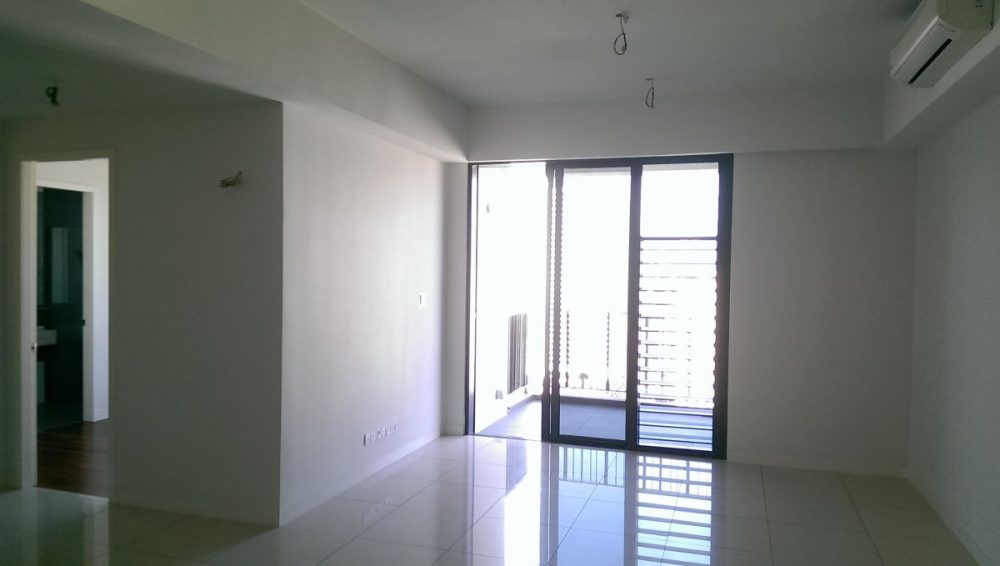
What if MY unit is the one leaking on the downstairs neighbour?
The first time you will realise this is happening is when the neighbour or management office knocks on your door for an inspection.
If the inspection determines that the leak is due to a common property, the management office will pay for it. Otherwise, if the unit is not under the defect liability period, you will need to hire a plumber or hire a contractor to make the repair.
Is there a government agency looking after such cases?
In Malaysia, strata-titled property owners can bring their complaints to the Strata Management Tribunal (SMT). The Strata Management Tribunal was created in 2015 as a replacement for the Strata Titles Board, created in 2001.
The Tribunal has the power to hear and decide on claims below RM250,000, including disputes over costs or repairs of a defect. They will make a decision 60 days from the first day of hearing.
Be aware that the judgement of the Tribunal is mandatory. And if you don’t abide by the decision, it is a criminal offence, punishable by a fine not exceeding RM250,000 or imprisonment for a term not exceeding three years, or both.
For more information, visit the Housing and Local Government Ministry, also known as Kementrian Kesejahteraan Bandar, Perumahan dan Kerajaan Tempatan (KPKT).
On the KPKT website, look for a section known as Tribunal Perumahan dan Pengurusan Strata (TPPS). They have offices covering different zones in Malaysia. Contact details below:
Central Zone:
Aras 3, No. 51, Presint 4, Persiaran Perdana, 62100 Putrajaya.
Tel: +(6)03-8891 3284
Email: [email protected]
Western Zone:
Tingkat 5-6, Bangunan Darul Takaful (Maidam), Jalan Sultan Ismail, 20200 Kuala Terengganu, Terengganu
Tel: +(6)09-6228023/9046
Northern Zone:
Aras 7, Zon B Wisma Persekutuan, Seberang Perai Utara, 13200 Jalan Bertam, Kepala Batas, Pulau Pinang
Tel: +(6)04-575 9022 /7899/7866
Southern Zone:
Tingkat 20, Menara Ansar, No.65 Jalan Trus, 80000 Johor Bahru, Johor
Tel: +(6)07-222 8069/8096
Conclusion: What to do if you experience ceiling leaking due to upstairs unit
If you stay in a high-rise apartment or condominium block, there is a risk that your ceiling may start leaking from the upstairs unit.
This is a huge inconvenience, and should be fixed right away. Thankfully, there are clear regulations to help determine who’s responsible. Report the leak to your management office and they will do an inspection to find the root cause.
Most of the time, the upstairs neighbour has to pay for the repairs. However, there are cases where the leak comes from a pipe that serves both your units. In such cases, the management office will pay for the repairs.
Whatever the outcome, remain neighbourly, cooperative, and solve the problem together. It’s part and parcel of high-rise living.
Special thanks to Patricia Wan, Senior Associate and Alvin Teo, Partner from Mak, Ng, Shao & Kee Advocates and Solicitors for their generous inputs.


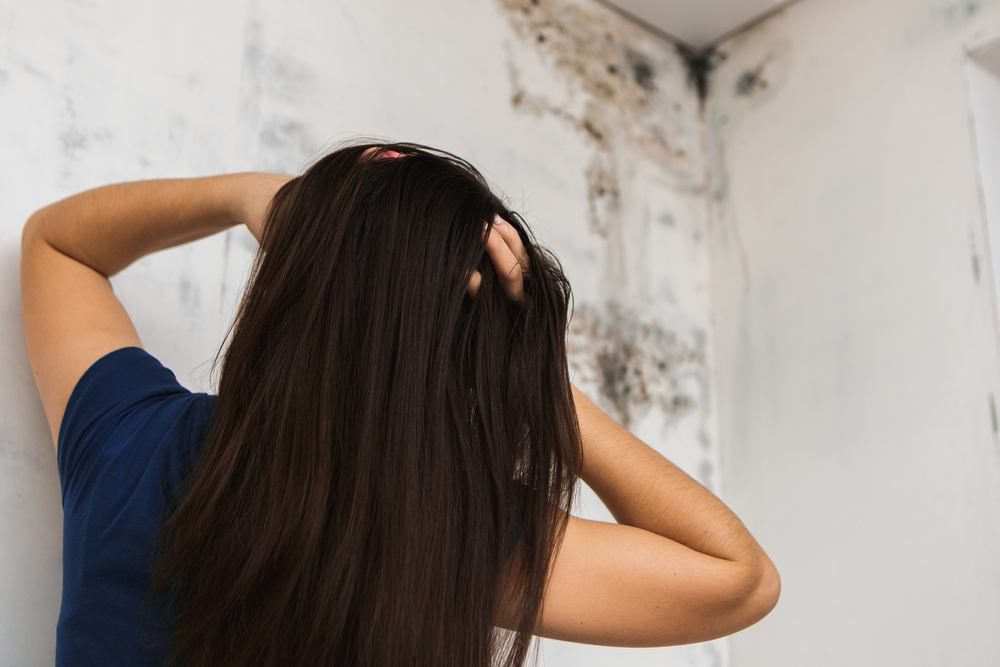



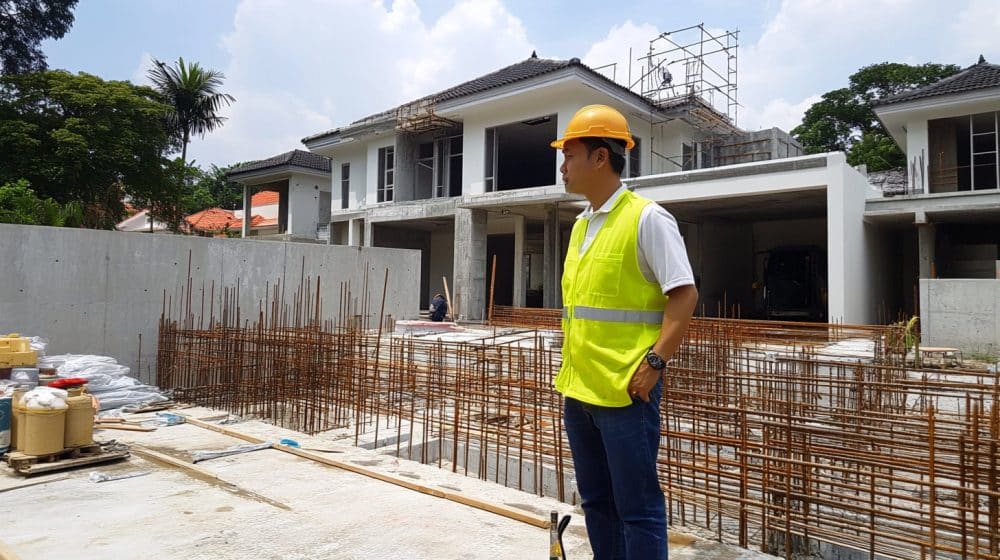
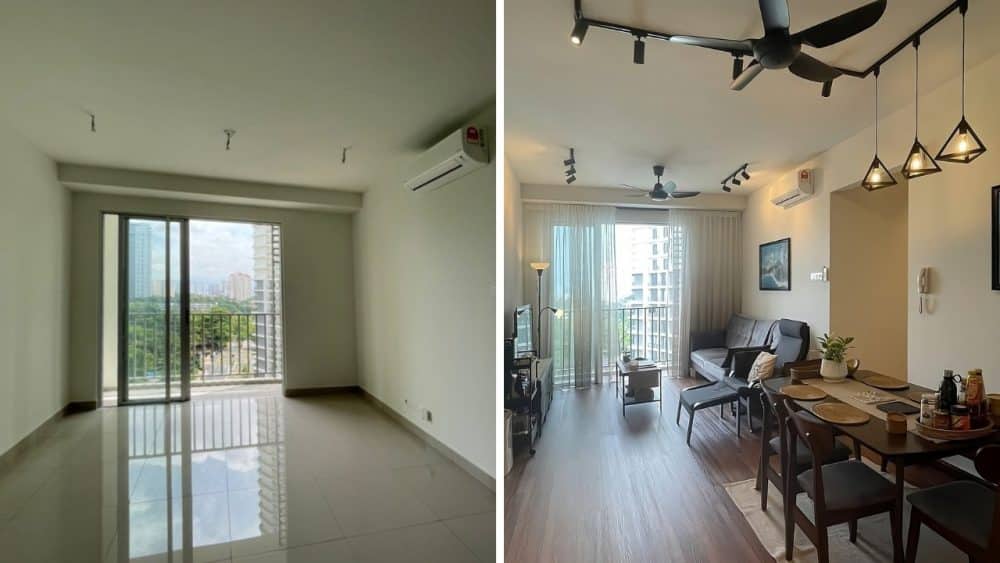

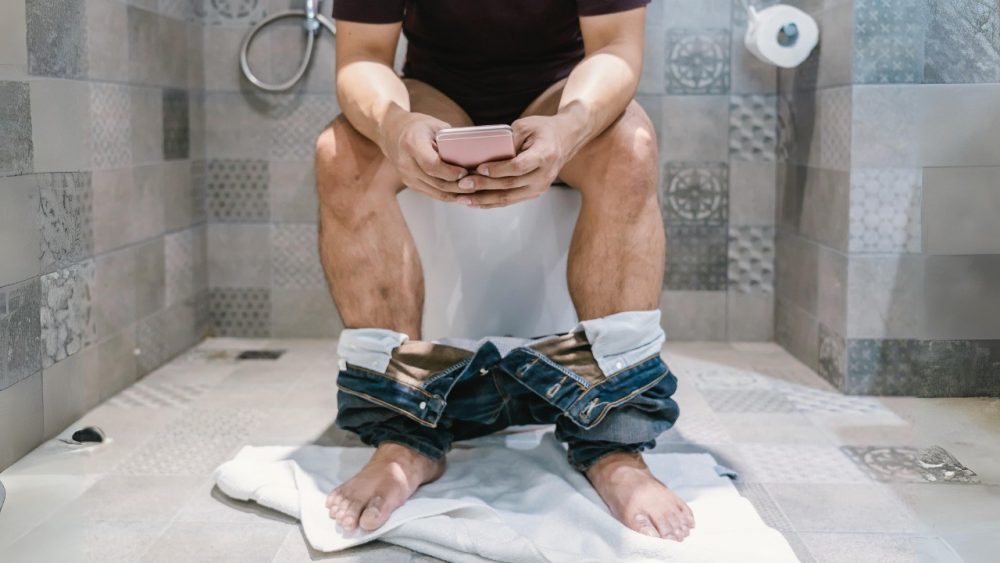
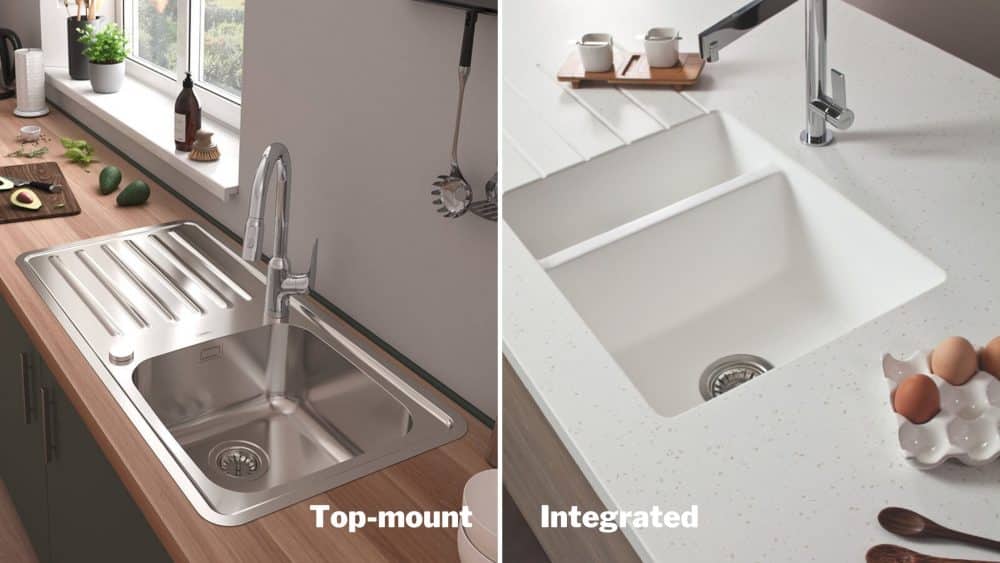

Hi, what if the JMB did not take any action against the complaint ?
Pingback: What Is the Average Price for Plumbing Services in Malaysia? - Recommend LIVING
I understand that the owner upstairs are required to repair the leaking from their unit but do the above unit require to paint or repair the damage for downstairs unit?
Hi Jerica
I am facing the same problem. According to SMA2015 both parties to bear the repair cost.
Now the painting was done on the water mark portion. However its not up to their expectation and the owner downstairs wants me to paint the full wall and its 3 walls. Bly me!!!
can you share the reply with me please.
thanks
crystal .
What if the apartment on the top floor leaked and caused issues over several floors. One cannot expect a single parcel owner to pay for the entire building.
I agreed that the owner upstairs are required to repair but there case the leak water dripping from the roof top (there a big water tank )to my unit then from my unit to the downstairs unit if i responsible to my downstairs unit so who will responsible to me ? The management ask my downstairs unit claim with me said because of my toilet leaking and never said that management no want to repair the leaking problem to the big water tank at the rooftop .
I complain to the government last year after few months i go again second time to ask the government why never take action to the management but the government told me the management said that just finish the repairing for that water tank but the management never to repair it and ask my downstairs unit claims with me why not telling the true to my downstairs unit ,what i can do pls advice thanks
What if the leak caused damage to my wall mounted kitchen cabinets. Who will need to bear the cost for repair/ replacement?
A leakage from the above has happened 3 times even though they have been repaired. During the 3rd leakage the management informed the owner but he took 3 weeks to repair after water seeped into the walls and wiring points resulting in frequent power failure. After repairing, he refused to have points replaced nor install new plaster ceiling but merely got his contractor to plaster over and paint the wet, fungus growing plaster ceiling. I had to temporary re route the wet electrical points at my own cost so as not to cause inconveniences to my tenant. The ceiling appears to be still damp. What action can I take to 1) recover my cost (2) ensure that damp ceiling and foul smell coming out is not causing health hazard to my tenant 3) water dripping from switch points are not dangerous.
Pingback: Things You Need To Know About Waterproofing | Recommend.my